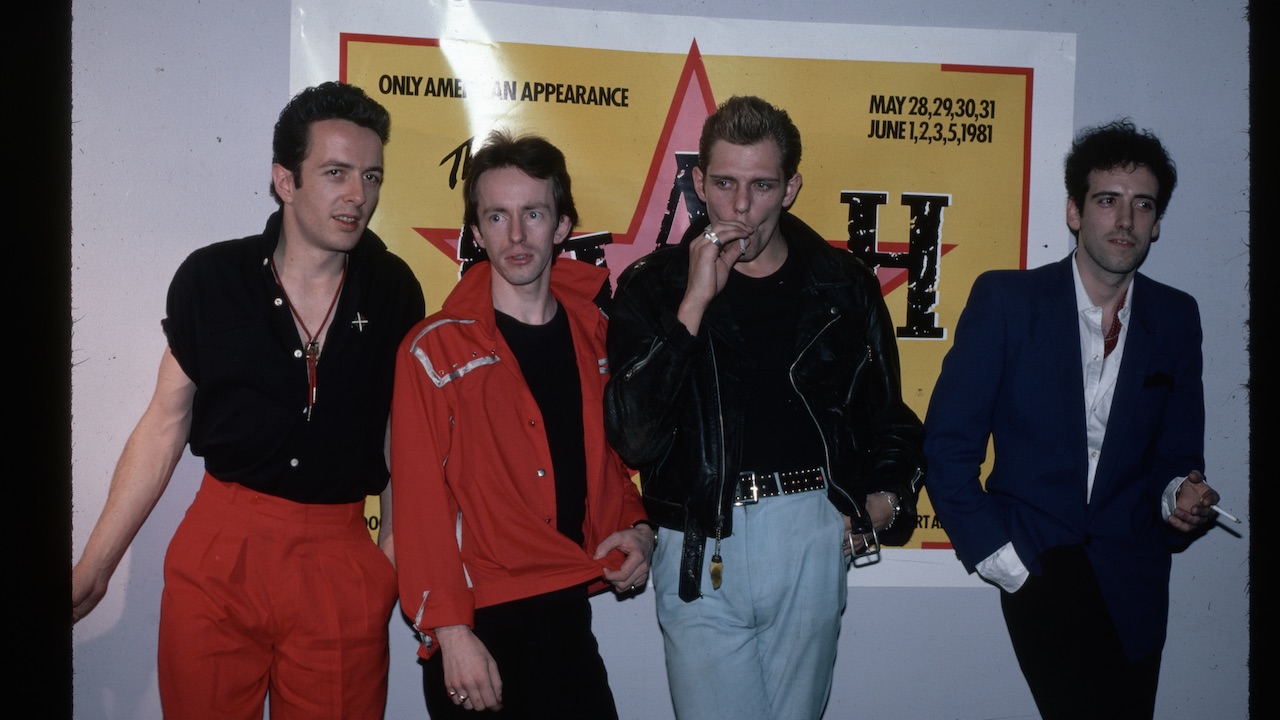In January 1986, The Clash announced that they had disbanded. To those in the West London band's orbit, and indeed across the music industry as a whole, this was no great surprise. Released just two months earlier, and featuring Joe Strummer as the only surviving member from the band who recorded 1982's Combat Rock, the group's embarrassingly-bad sixth album, Cut The Crap, had peaked at number 16 in the UK and number 88 on the Billboard 200, and had been savaged by music critics. Strummer himself acknowledged that it was "a damp squib", and actually considered taking out full page ads in the NME and Melody Maker to explain where things had gone so badly wrong, but instead elected to cite the album's critical mauling as a reason to put his group out of its misery.
Reflecting back on the band's demise six months later, in an interview printed in the July 19, 1986 issue of Record Mirror magazine, Strummer admitted that he had regrets about how things had fallen apart. But rather than citing the 1983 firing of his fellow vocalist/guitarist and songwriting partner Mick Jones as the key factor in the band's chaotic final years, Strummer identified a pivotal day in 1982 as the beginning of the end.
"To me the day it fell apart was when we kicked out Topper," he told writer Jim Reid.
Drummer Topper Headon's problems with drugs had been a source of conflict within the band for some time. According to former MOJO editor Pat Gilbert's definitive Clash biography Passion Is A Fashion, Headon sealed his fate when, at a festival in Holland on May 20, 1982, he burst into the band's dressing room, asked Joe Strummer to step away from a full-length mirror in which he was checking out his hair and stage attire, laid it down on the ground, and dumped a load of cocaine on it. "That really pissed Joe off," a band insider told Gilbert.
In his conversation with Record Mirror, Strummer explained what happened next.
"Let me tell you, we were in [bassist Paul] Simenon's basement flat, it was dark and raining outside," Strummer recalled. "We'd just came from an open air festival in Holland and we told Topper he was falling apart and he had to go."
"He split the flat, devastated," Strummer continued. "He walked around the block in the rain and he came bock. This little basement, imagine it, we're all in there and he came back. That's when my heart went 'ping', y'know. I'll never forgive myself for shutting my mouth. When my heart went ping it just rose up in me to say, Look, he's come back, that's enough isn't it? What more do you want? Let's work with him, let's help him. lnstead I just shut my mouth, like everyone else in the room. Mick, me, Paul, Kosmo [Vinyl, Clash associate and sometime manager] and Bernie Rhodes [manager/svengali]. To me, from that day on it was never any good anyway."
"The best times were when it was just me, Mick, Paul and Topper," Strummer admitted. "We didn't have a manager and we were putting triple albums out and getting no royalties. That was what it was all about, that was when it was a team."
So disillusioned had Strummer become by this point, that when Jim Reid relayed a rumour that he'd heard, namely that Rhodes and Kosmo Vinyl were thinking of taking the band name and restarting The Clash without any original members, Strummer admitted, "It wouldn't surprise me."
"I'd say that was possible," he sighed. "Only because I am au fait with the insanity behind the lines."
The Clash would never play again, in any form.

